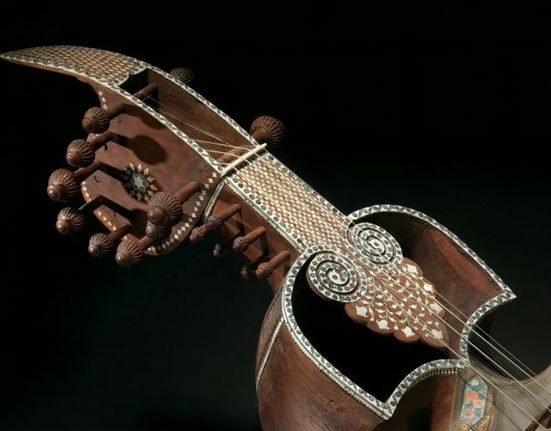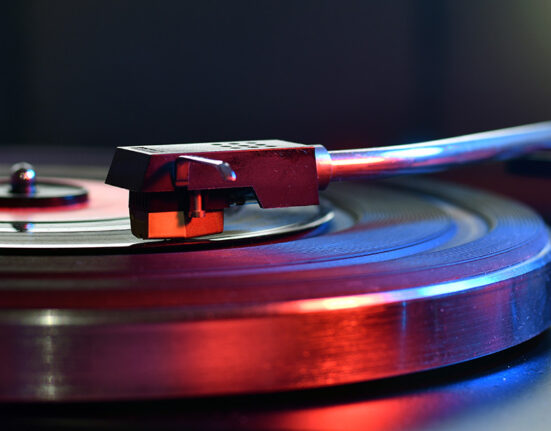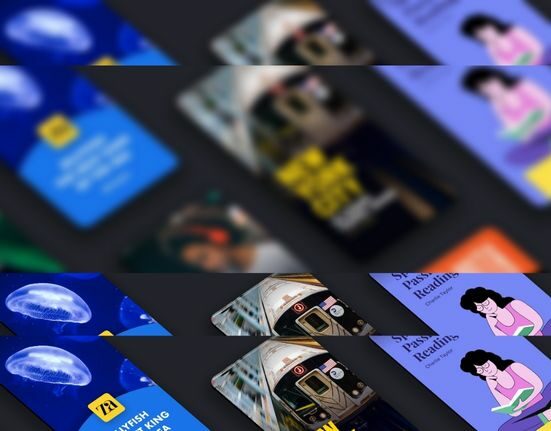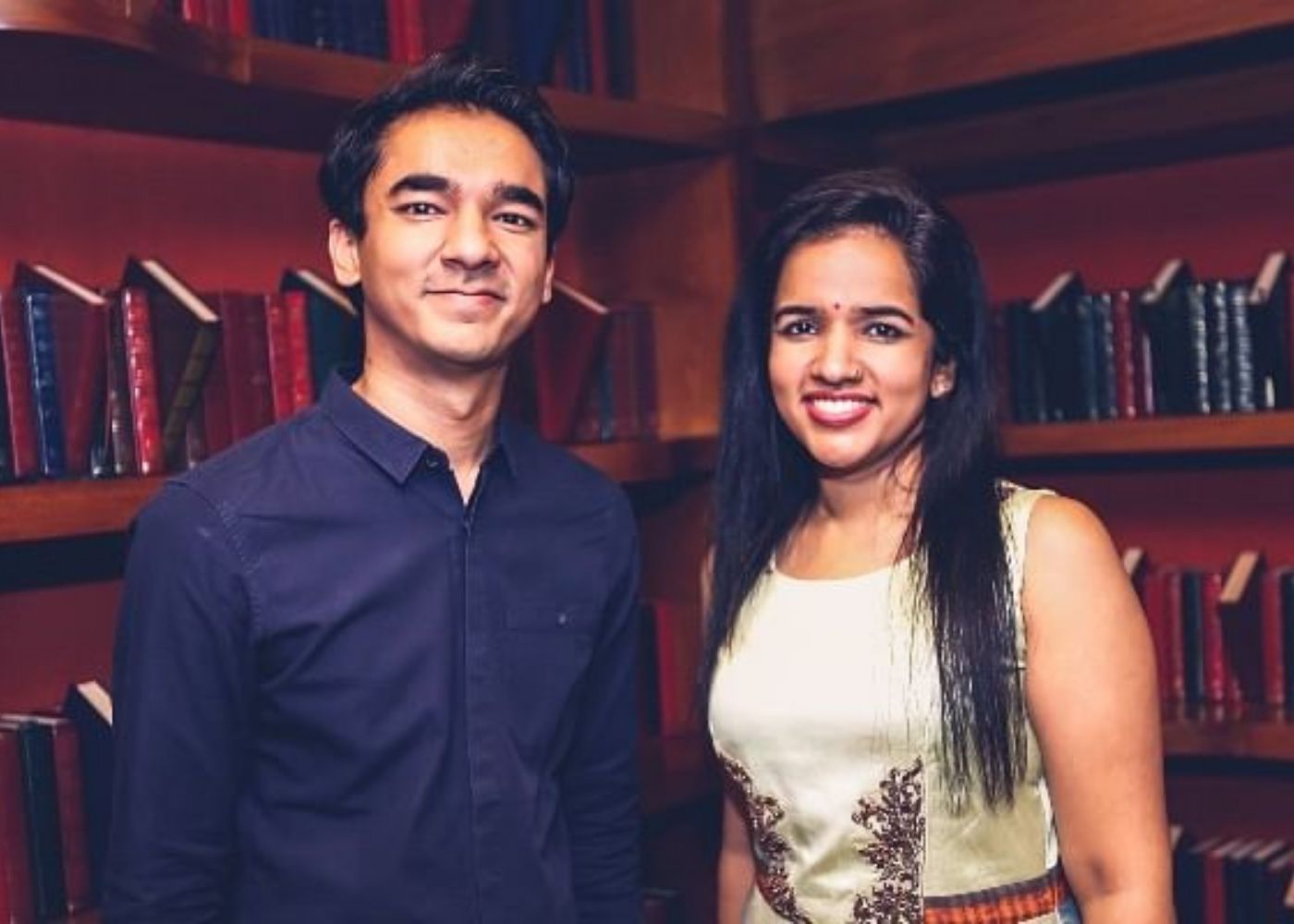Subramaniam Academy of Performing Arts, also referred to as SaPa, is an exceptional music school established and run by one of the most legendary families of Indian Music. As we talk about music schools, India doesn’t have an organized structure of music education till now. Well this initiative is set to change that, and how? Read on to know more about it.
Saakshi Priyadarshini | BeatCurry Team
India has a very rich musical cultural heritage. She is credited to produce one of the most vibrant and influential musical forms and musicians in the world. Still, India is yet to adapt music as a formal subject in education. Music is an art and is synonymous with discipline and devotion, which can be a bit overwhelming for young kids to follow. But what if music is taught in a way that children become incredulous to learn the art?
Making music fun is a distinctive art that renowned musicians Ambi Subramaniam and Bindu Subramaniam seem to have mastered, as they carry the important life lessons, values and the legacy of their parents’ violinist Dr. L. Subramaniam and playback singer Kavita. K Subramaniam as they run the SaPa India academy.
BeatCurry had an exclusive talk with the flag bearers of this exceptional institute and got to know about their vision for music education in India, current endeavors, and future of the institute. In conversation with Bindu Subramaniam and Ambi Subramaniam, the Co-Founders of Sapa.

FIRST THINGS FIRST
SaPa was founded in 2007 and was initially violin focused. Founded by their parents, Ambi and Bindu Subramaniam joined in 2011 to run the institute. The institute is based in Bangalore and has branches in other areas such as Whitefield, Rajajinaga, and Basavangudi with the main center in Sanjaynagar. Talking about the primary thought behind SaPa, Ambi elucidated,
“I think the idea there was to make the next generation of musicians, to make a conservatory of great musicians. We started the SaPa baby program, then we started SaPa in schools. We kind of realized that while this is important, it is essential to make sure that all kids have access to high-quality music school. When we talk about access, one thing is affordability, but also to make sure that music is presented, whether it is traditional music or any other music, in a way that a young child can love and appreciate.”
The music school has a prestigious presence in the Southern states such as Karnataka, Kerala, Telangana, Tamil Nadu, etc. They hold regular assessments to track the knowledge of their learners.

THE SPECIALITY
There’s a reason we are referring to Sapa as extraordinary. The school’s aims, its teaching methodologies, the ideologies, everything is unique. SaPa aims to make music inclusive and provide a level playing field for everyone to unravel the beauty of this art. They aim to break the stereotype that only people who are born into the musical legacy could strive to become a successful musician. They aim that when a student learns at SaPa, the people outside should not be able to differentiate whether they belong to a family of conventional musicians or not. On this, Bindu further opines,
“It’s also now for us about creating a community, where young musicians, whether educators or students, are able to engage with each other and engage with music positively.”
SaPa advocates for the holistic development of the musician. They not only focus on one’s understanding of music, but they also take care of the performing aspect of the music. They feel that at the end, the musician must enjoy the performance and the audience should be able to feel the aesthetics of the music, as not everyone in the audience is aware of the technicalities.
TEACHING METHODOLOGY
The teaching method is specially designed to suit the needs of the youngest of the students. They try to bring music to the level of the kids’ understanding through interactive cartoons in their textbooks or by explaining the concept behind things rather than feeding hard terminologies to very young kids.
SaPa works a lot on the teaching methodology. As explained by Bindu, “
“We work a lot on teacher training, where we take good musicians and we try to make them effective educators, because those are two very different things. It’s about taking the music that exists and building games around it, building the skills around it, even things as simple as how you would engage the interest of a child.”
SaPa’s teaching and curriculum strive to maintain the tradition or ‘Parampara’ but also wants to make things more affectionate and contemporary for students to ingest. Bindu explains beautifully,
“In our centers, we have timelines painted on the walls of the room. It starts from the Vedas and classical music, but they all end outside the baby classroom with a small child labeled as ‘You’ because we want even a child of 3 or 4 years to understand that music might be thousands of years old but it has to go forward with you.”
So learning music in SaPa is a fun and enriching experience for children of any age group or any background. Their methodologies are designed to make you fall in love with music, in its purest form.

SAPA IN SCHOOLS
Sapa in schools is a prolific initiative launched by SaPa in 2014, which aimed at targeting the schools into adopting music as a subject formally. Explaining the basic thought behind the concept, Bindu tells us,
“SaPa in Schools program is just allowing everyone to have a love for music and creating a baseline of understanding of music and basic appreciation. The entire program is based on providing music education to anyone, irrespective of their choices or background.”
Ambi and Bindu have been working in collaboration with the governments to figure out ways of getting music in government schools and to make meaningful curriculums that can be adopted and scaled as more progress is made. They have collaborated with the Norwegian Academy of Music to provide their teachers with a more structured teaching experience as the teachers are introduced to both the curriculum and the method.
The music taught during the programs has a global tinge so that the children are not limited to only one form of music. The curriculum is of basic proficiency so that everyone can have a bite of the infamous dish. It’s less rigorous and aims to instill a basic appreciation for music among the children. As of 2019, more than 30000 children have been touched by this project and the progress is only exponential.
HOW IS SAPA TRANSFORMING LIVES?
Music while having fun cannot be achieved without being flexible and giving the space to experiment. SaPa allows its learners to find their own music and encourages individuality. Ambi and Bindu while talking about their efforts to reach out to maximum children, collectively said,
“We have been working with a number of government schools in Karnataka to get music education and ensure that all students have access to the same. We have worked with organizations like the Lighthouse in Pune. We’ve worked with NGOs as well. Even at SaPa, there is a fairly high percentage of children who are on scholarships. It’s our responsibility to bring music to as many kids as we can. The flip side of that also is to generate employment for as many young musicians as we can. We are trying to make sure we are creating sustainable livelihoods for musicians as well.”
WAY FORWARD
It’s high time we inculcate music as a regular subject in our schools. Music can work magically for a child’s development. Going forward, recently, the school started its operations online and SaPa left no stone unturned when it came to making the operations equally immersive and interactive.
Even when we quiz them about their future plans and their to-do list, they added,
“We want to make sure that music is a part of every child’s school education in a meaningful way. The reason I think this is going to take us a while is you have to build hundreds and thousands of educators to make this happen. You need to make sure that it reaches every school, in every Taluk, in every village.”
The new ways and method of music education introduced by SaPa has a strong potential to change the music landscape in India. We really hope that more and more people get benefited through their initiatives. Musicians in India need a good outlet to utilize their talent and we need to encourage our young talent to emerge and become great performers who represent India. We are sure that SaPa would succeed in its vision at the earliest, as it is helmed by one of the most brilliant minds in the Indian music industry.
Similar articles you’d want to read:
One Man, Many Hats-Viveick Rajagopalan
Discovering Your Inner Voice Through Music
Understanding The Psychology Of Music
If you’d like to know more about the unique and versatile forms and flavours of music,
Log on to www.beatcurry.com, subscribe and never miss another update from us.







